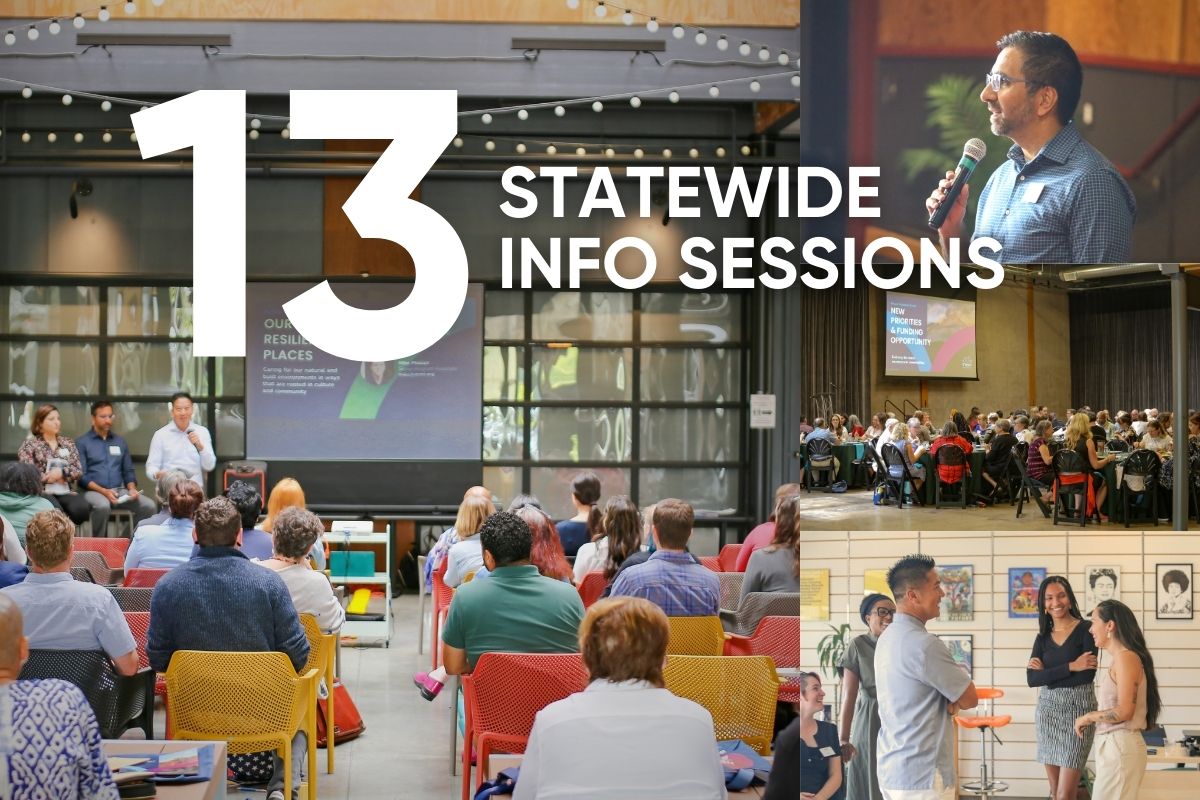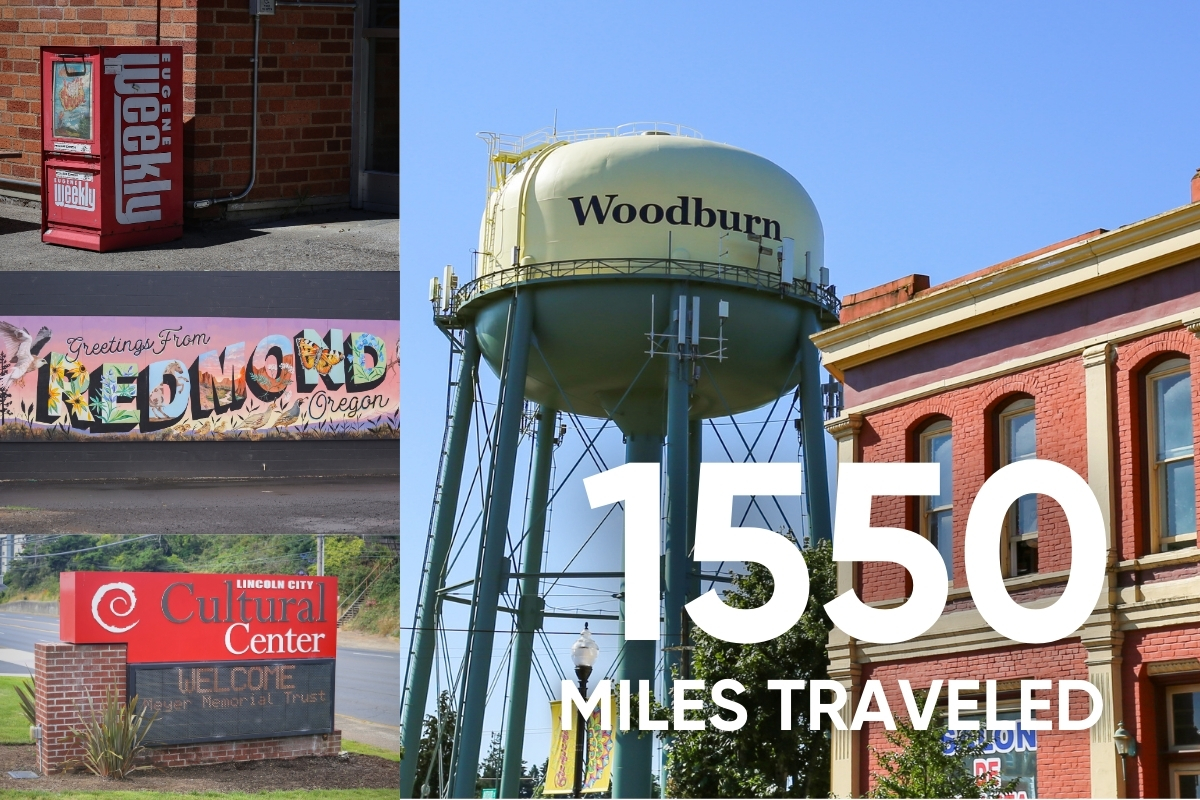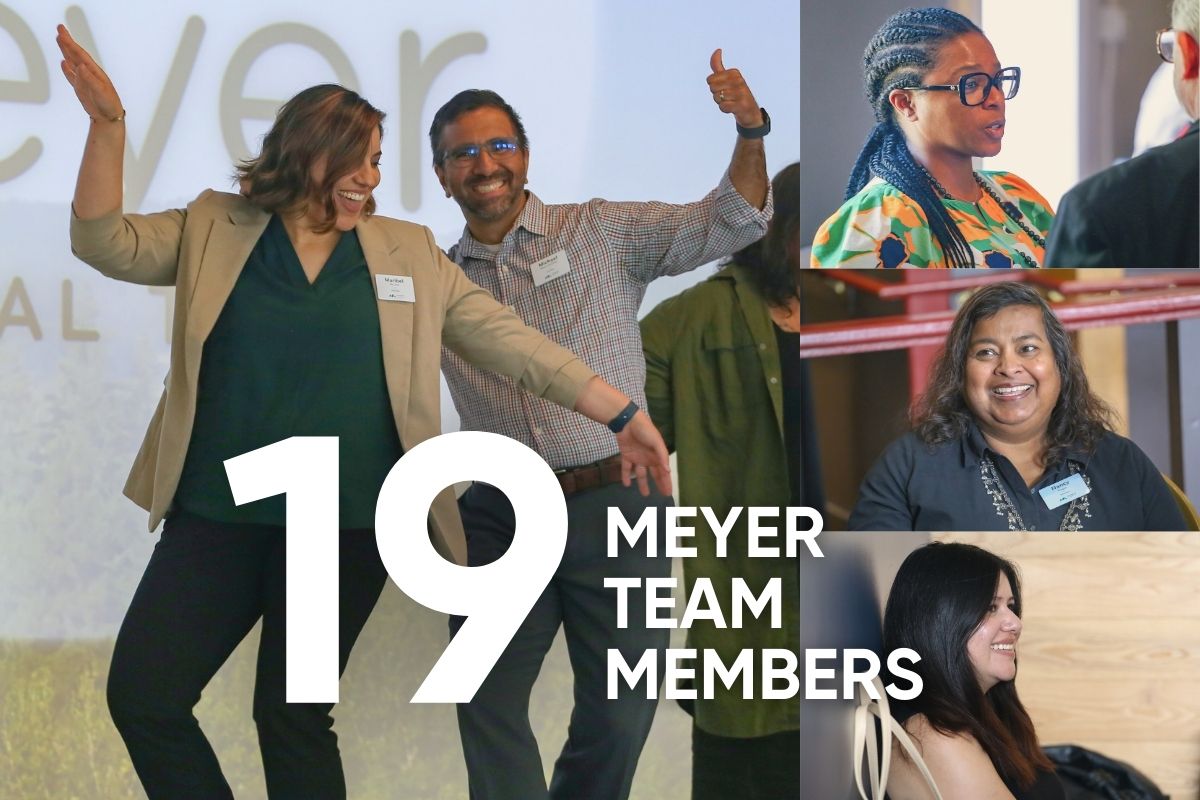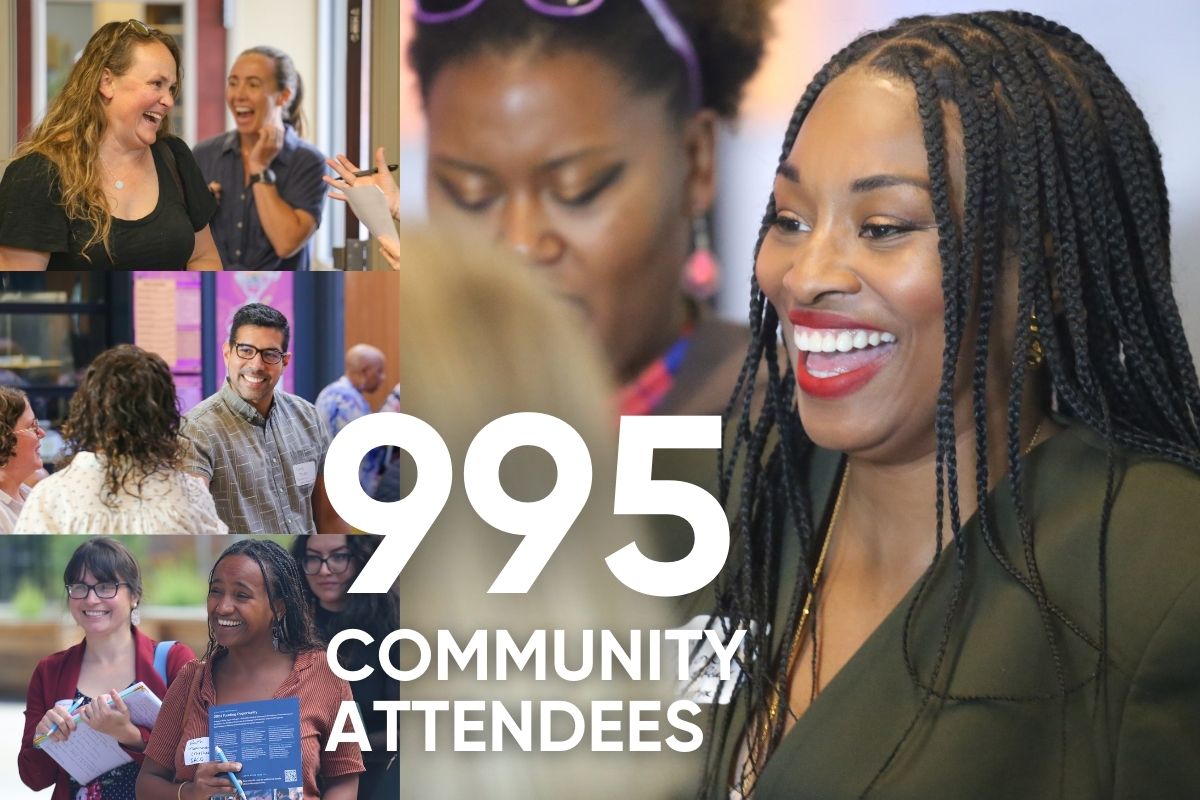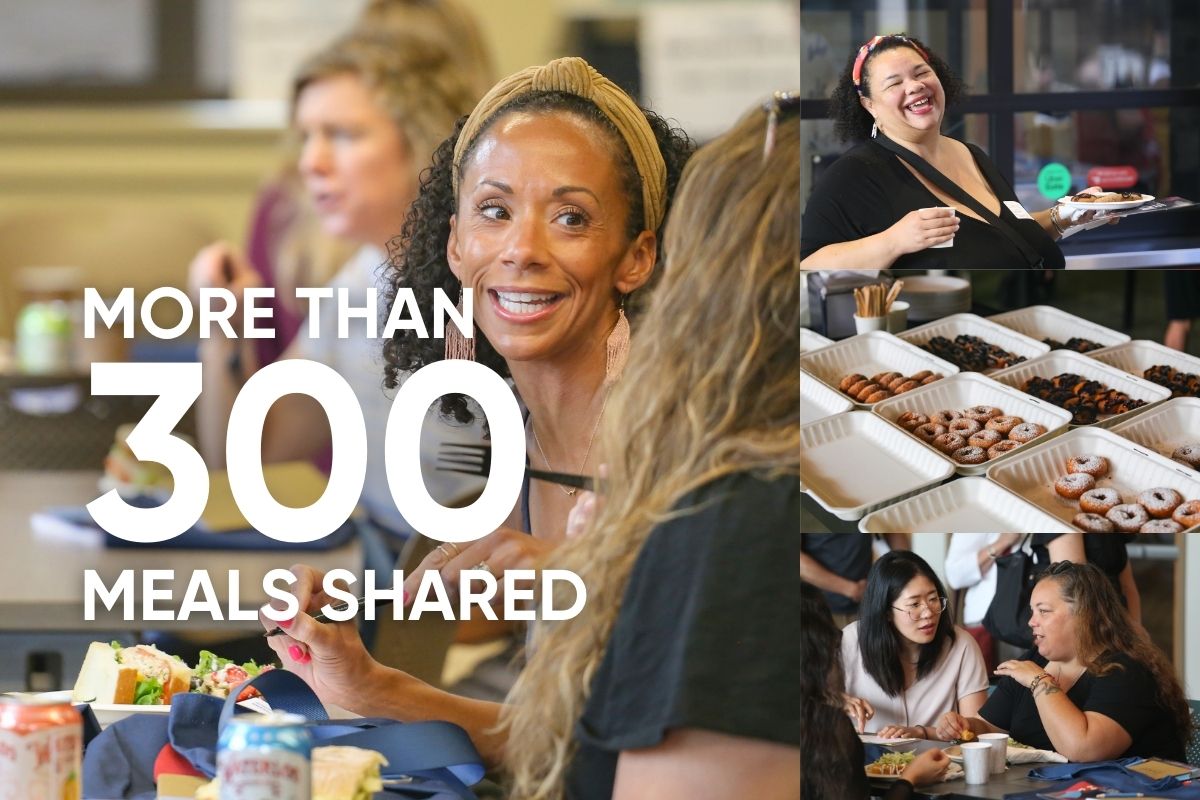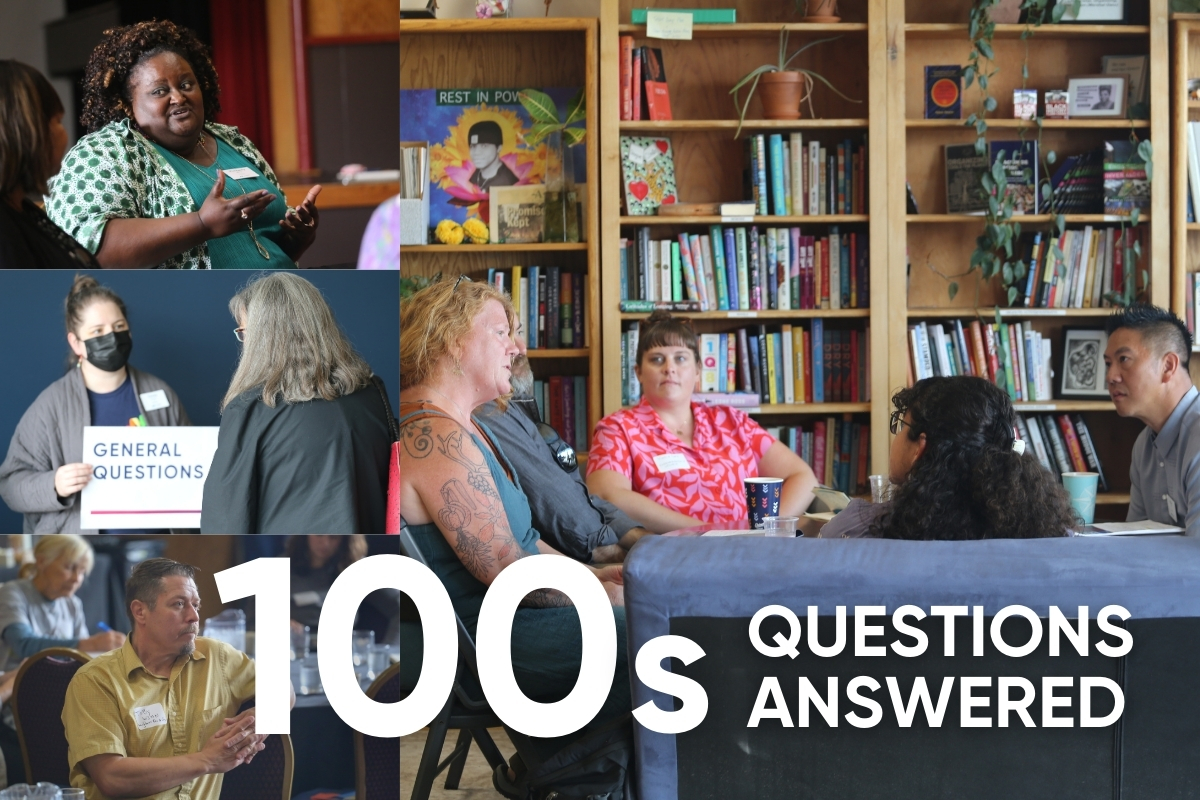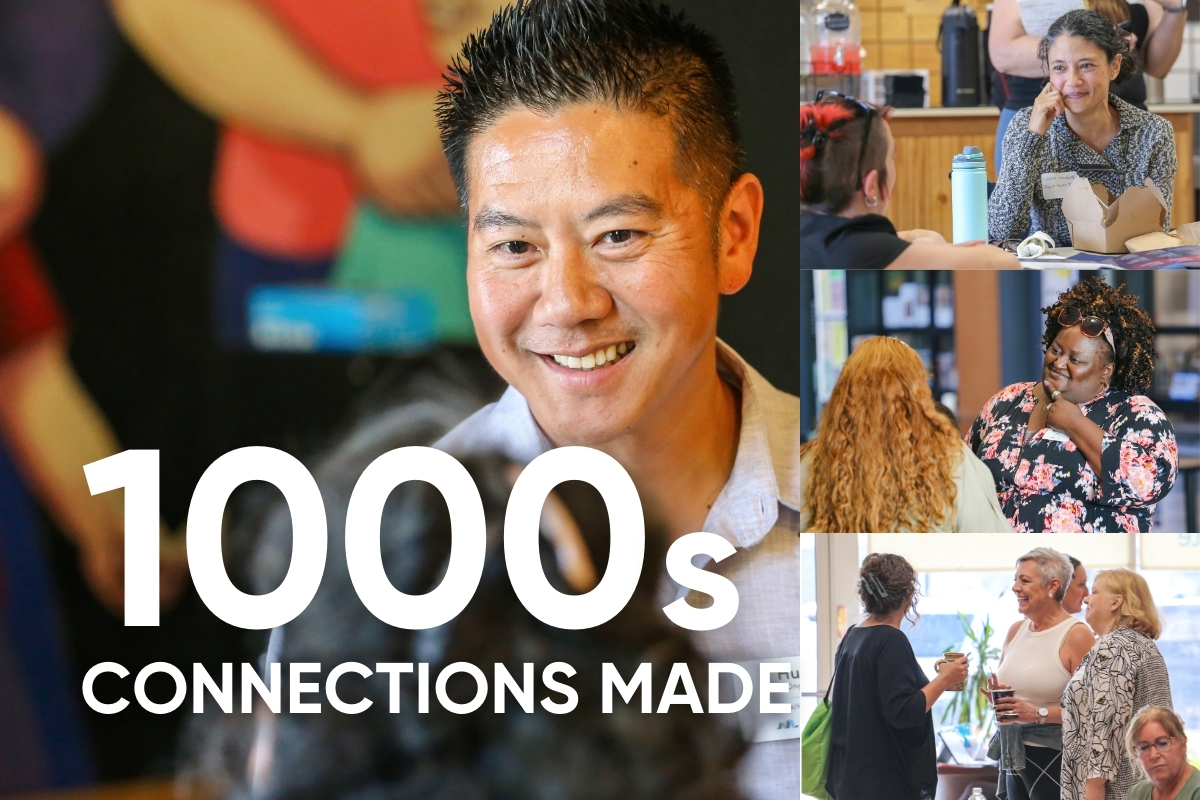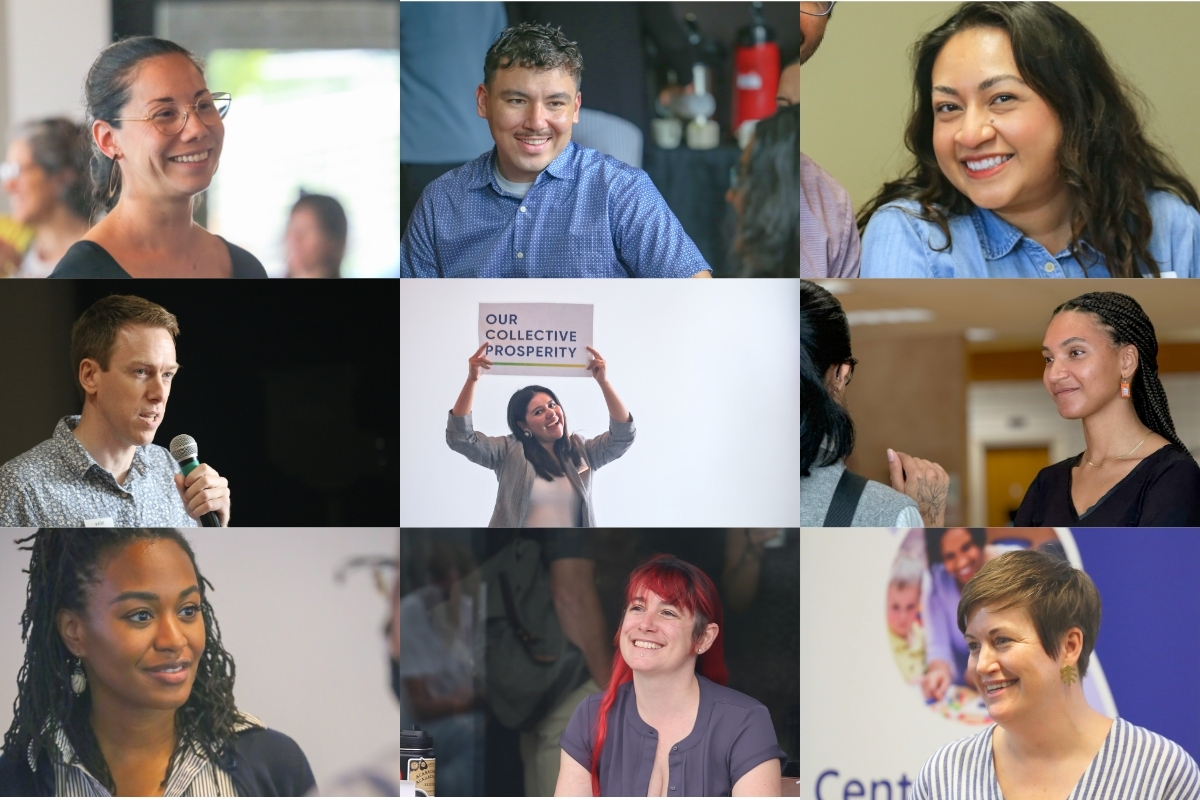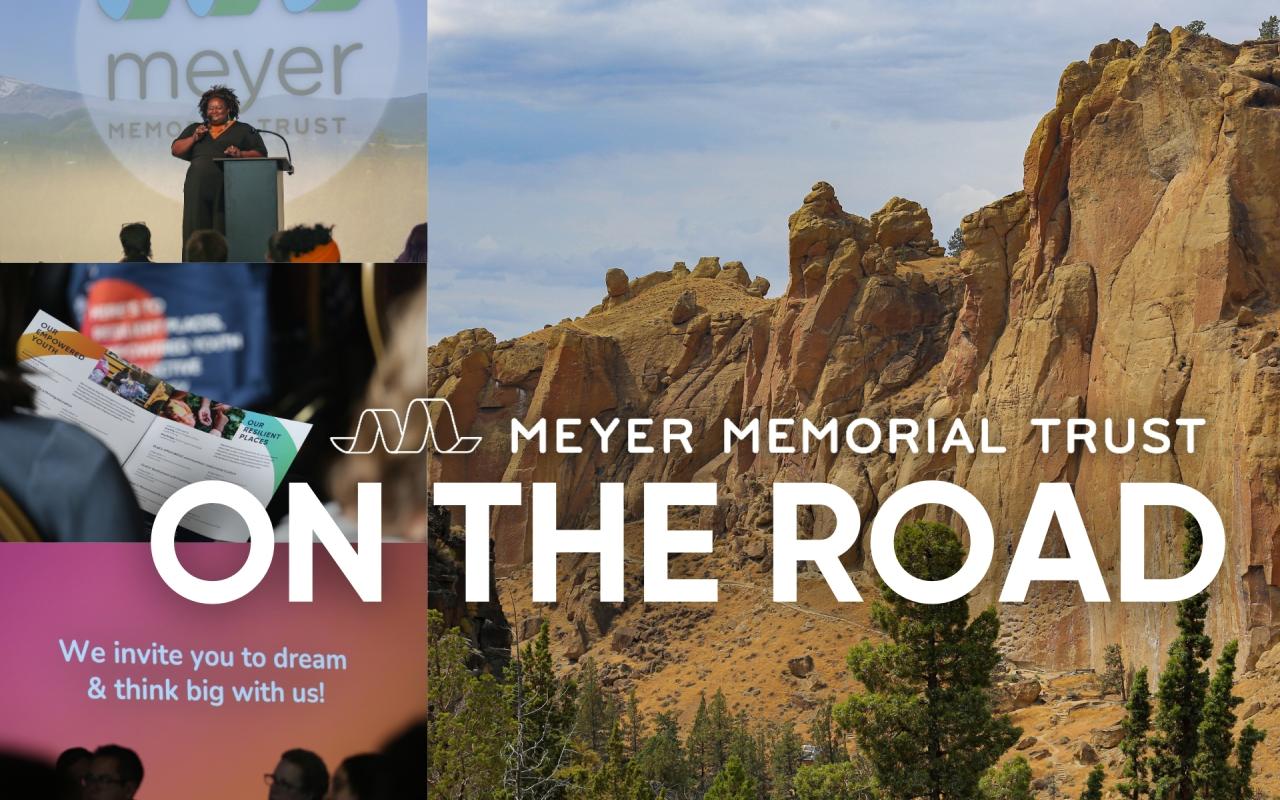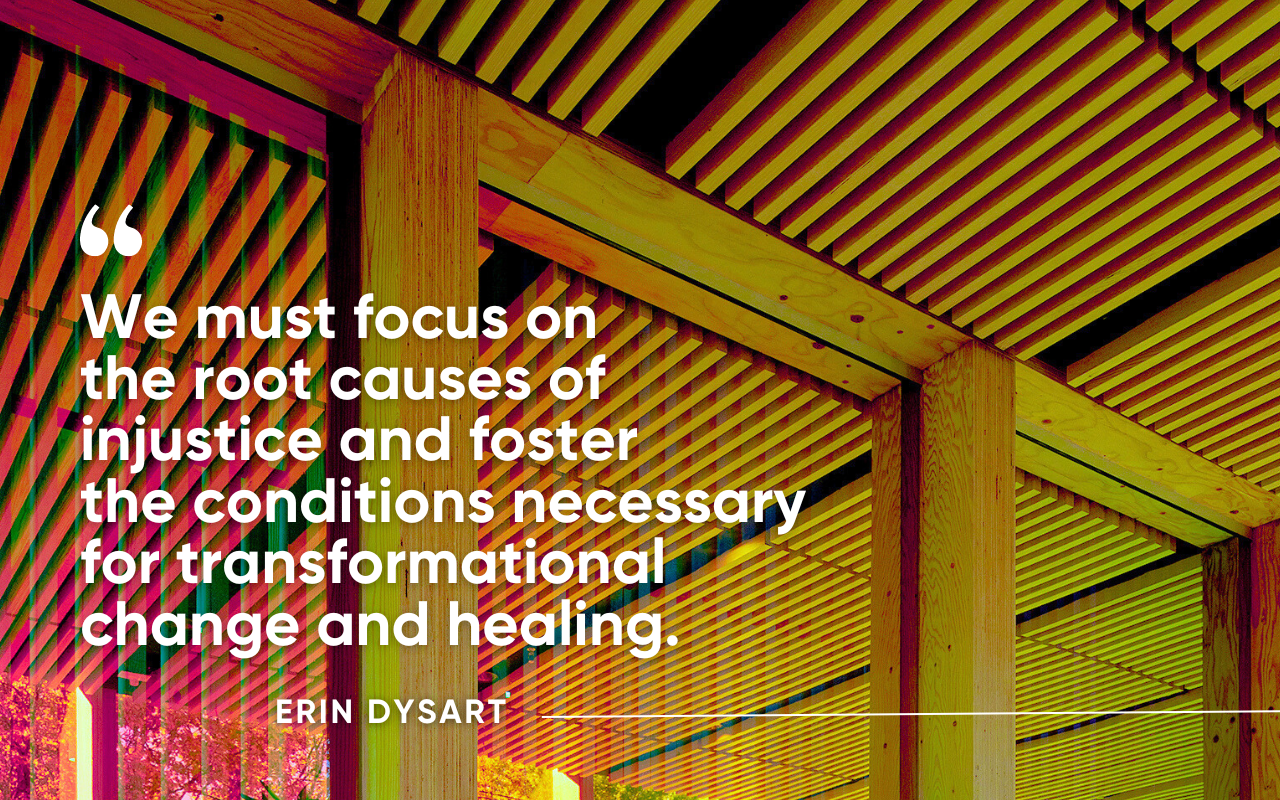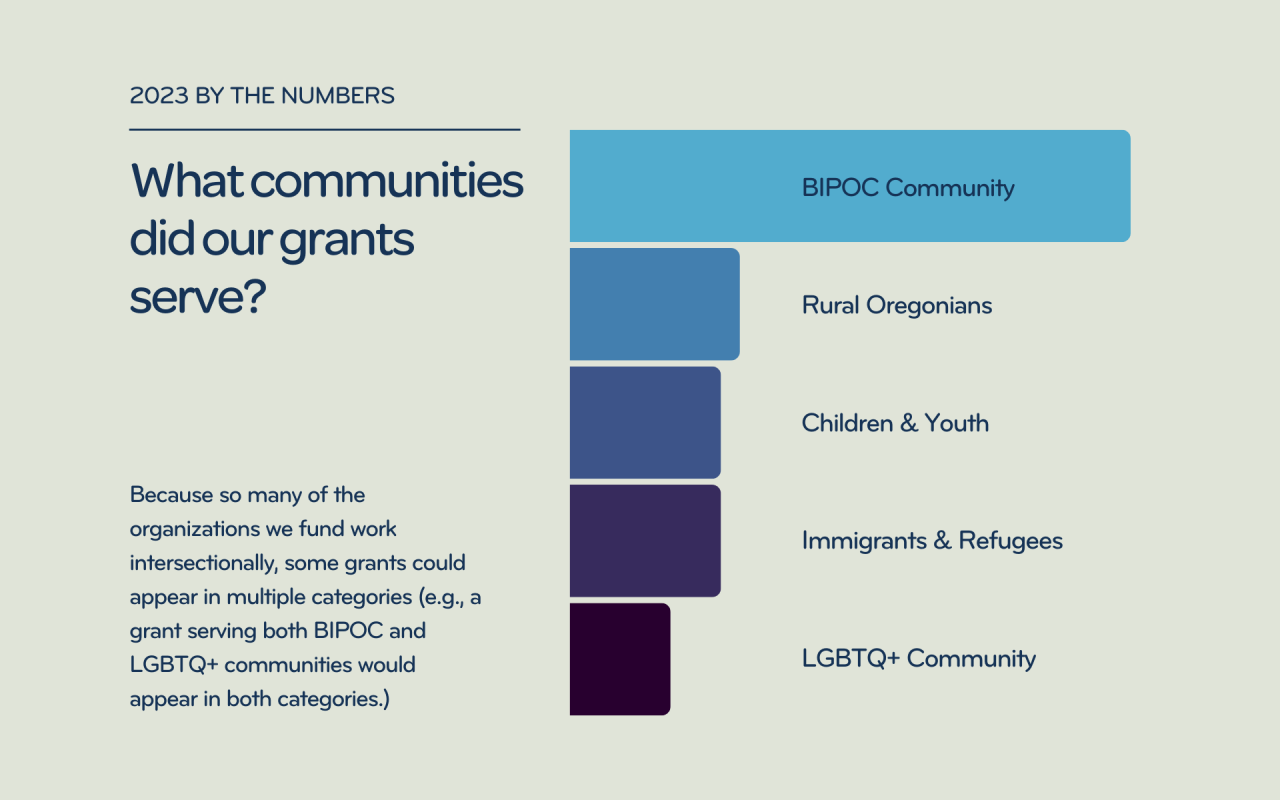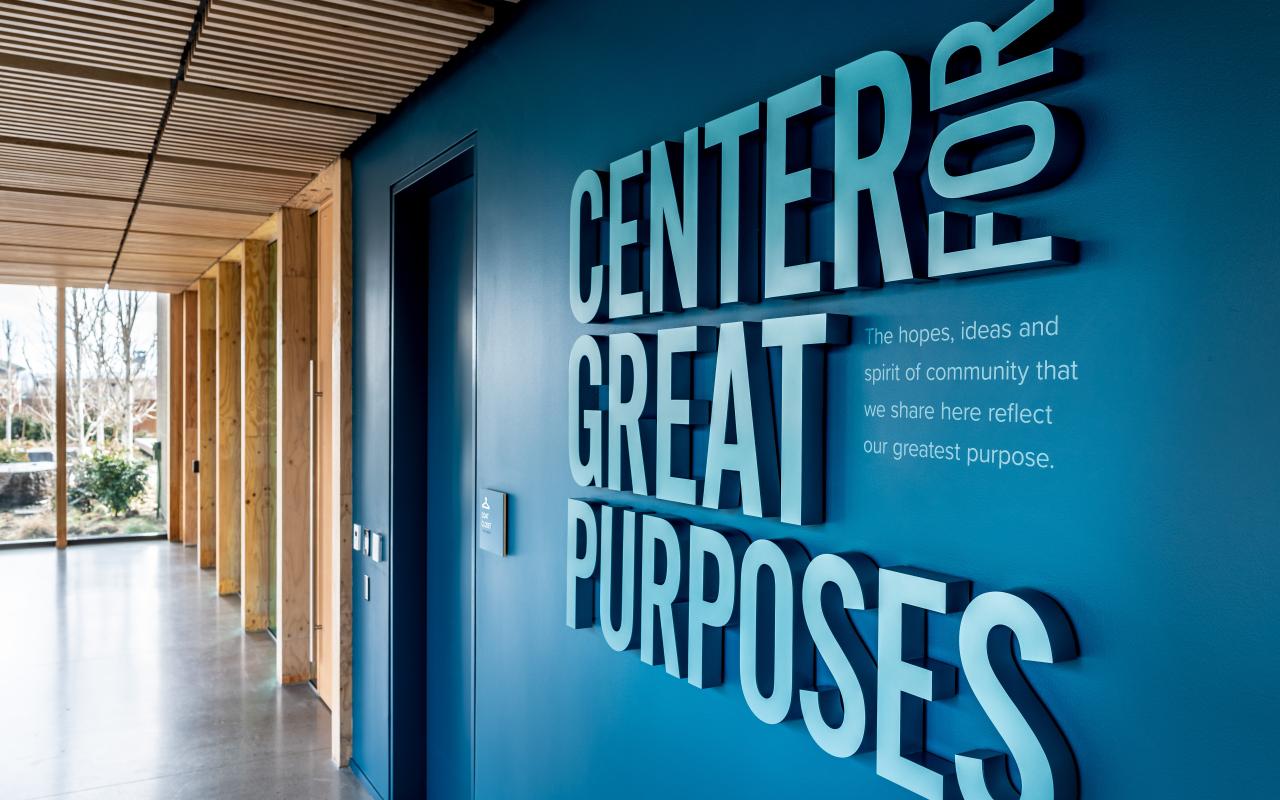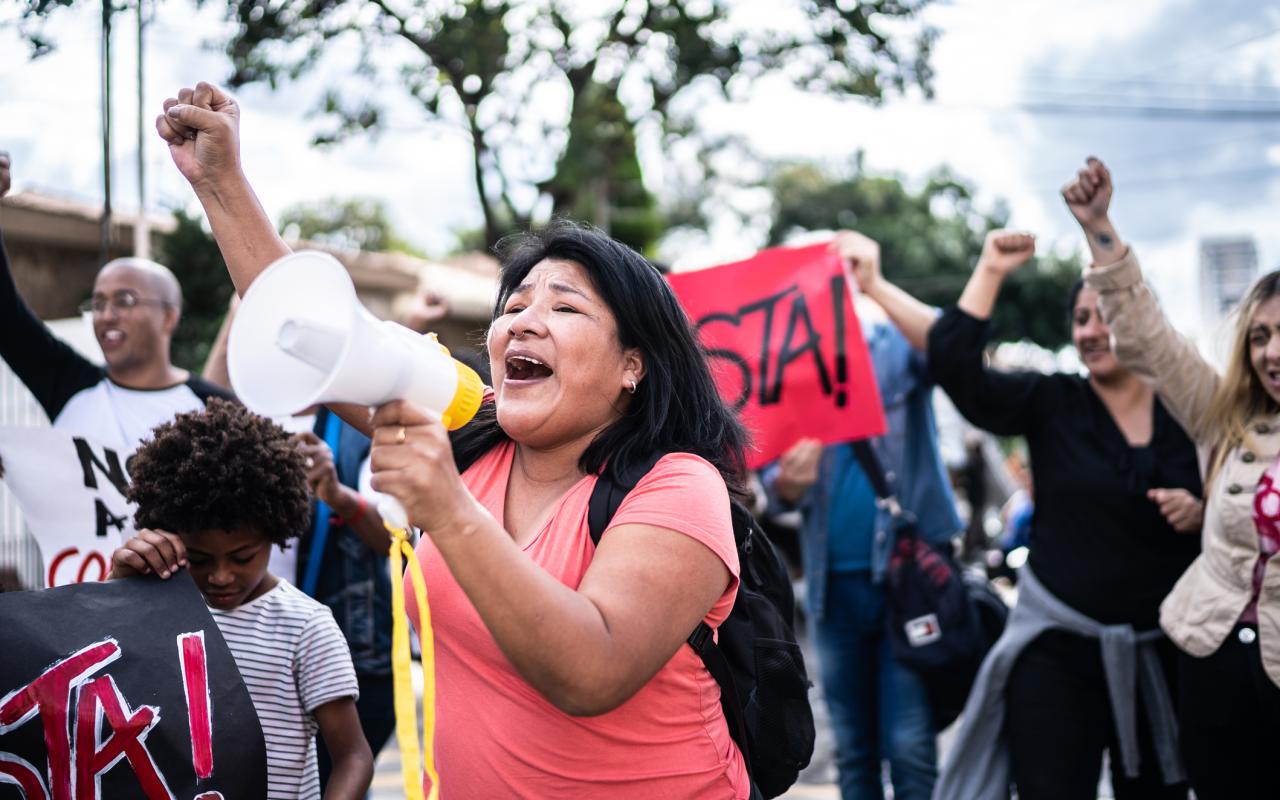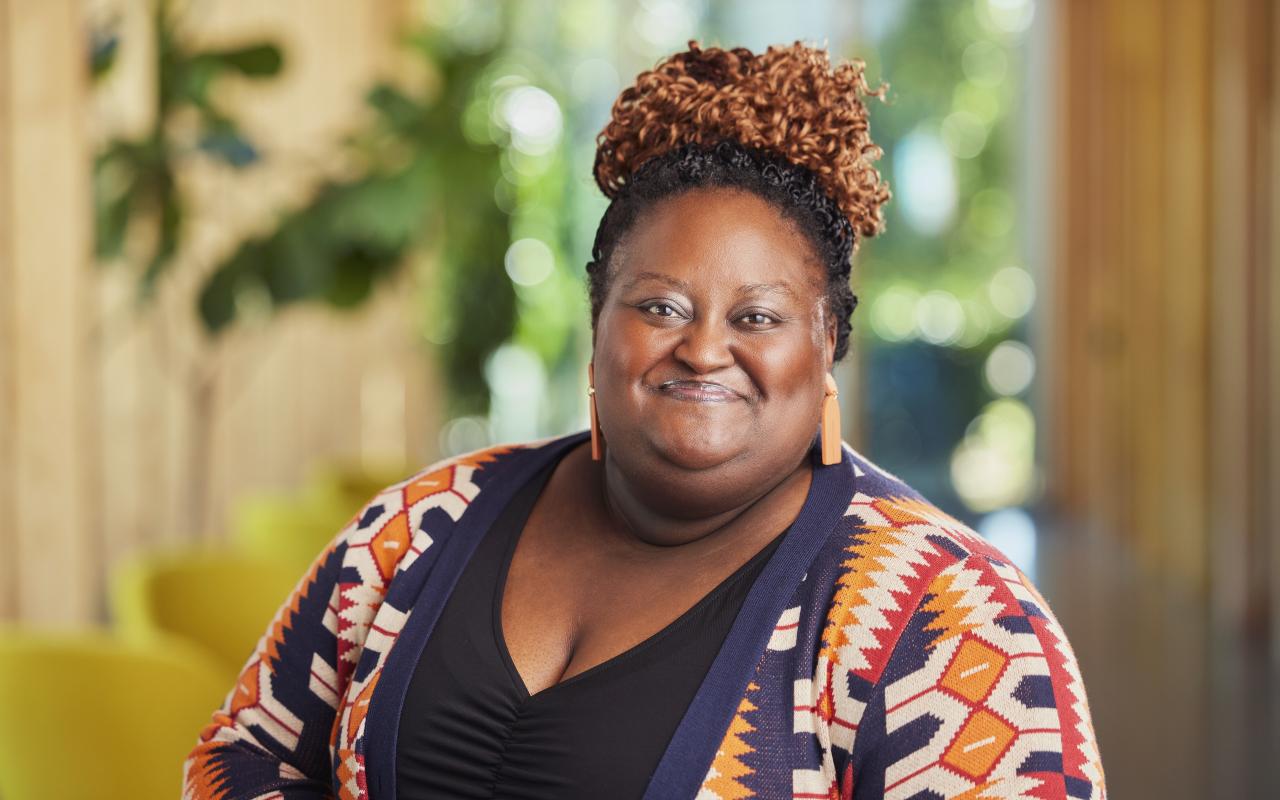Introducing Meyer's Tribal Partnership Strategy | Our Commitment to Sovereign Nations
There’s a saying in Indian Country that goes, “If you’ve met with one tribe, you’ve met with one tribe.” This saying reveals an important truth: while the needs and priorities of each tribe can be similar, they can also be vastly different. There is no one-size-fits-all approach.
I was reminded of this recently while meeting with tribes throughout the region to build new relationships and strengthen long-standing ties. I, alongside a group of partners in philanthropy and government, spent the summer touring our region. We traveled to Warm Springs to meet with Dustin Seyler, the small business program manager for the Warm Springs Community Action Team. While taking us through the reservation, Dustin told us about how the lack of public gathering space had impacted the community. The once vibrant commissary had become in need of deep repair. With funding to restore this historic structure, the space would provide jobs and nourishment.
This summer, CEO Toya Fick and I met with Chairwoman Brenda Meade and other leaders of the Coquille Tribe. While walking through the halls of their early education offices and wellness center, I saw the care and compassion each person brought to serving their community. There, I learned how important it was for healthcare workers to provide culturally competent medical treatment and wellness services for their community.
Finding Community in this Work
In each of these visits, while grappling with questions of how our cross-sector coalition could better support tribes, I also felt an immense appreciation for the affinity with like-minded people.
As a citizen of MHA Nation (The Mandan, Hidatsa, and Arikara Nation) who has held roles in government, nonprofits and philanthropy, I have found serving as a liaison for tribal relations can be lonely and progress, glacial. Balancing the needs of my community while navigating dominant cultural systems can be isolating. And yet, there are few things I take more pride in than being a Native leader.
I come from a long line of individuals who have strived to make an impact on behalf of Native communities. My grandma strived to create better systems within the Bureau of Indian Affairs. My auntie helped set mandates within the Bureau of Indian Education. My mom continues to serve tribes at the North Portland Area Indian Health Board. My dad lobbied and advocated on behalf of the Columbia River Treaty Tribes in D.C. While the list goes on and on, I’ve learned it's always important to take big swings on behalf of Native communities. And yet, at the same time, it's just as important to make the smaller efforts that improve the daily lives of all Indigenous peoples.
In our Tribal Funders Tour this summer, we were trying to build something that is oftentimes rare in this space: relationships and trust. By centering community, we’re continuing to build collective power.
This exchange grounded us, especially when considering the sobering dynamics at play in our sector. Only 0.4% — four cents of every philanthropic dollar — goes to Indigenous communities. Coupled with the looming litigation that seeks to undermine philanthropy’s ability to fund on the basis of race and the Biden Administration’s call for philanthropy to step up its investments in tribal communities, there are complex systems we must navigate to make real impact in partnership with tribal nations.
In light of all of this, we at Meyer asked ourselves, “How could we respond to these vast needs and be accountable to our tribal partners?” Our answer: deeper investment and flexible funding.
Honoring Indigenous Wisdom & Correcting Historic Harms
Meyer’s approach to Native grantmaking reflects a shift toward recognizing the long-overdue need for equitable, intentional support of tribal sovereignty. Rooted in deep respect, a commitment to change and decades of groundwork, our strategy aims to decentralize our own role and center the voices, needs and priorities of sovereign tribal nations.
These needs and priorities have often been undervalued in a state founded upon the colonial notion of Manifest Destiny. Oregon’s history is laden with broken treaties, exploitation and genocide. Meyer’s Native grantmaking strategy attempts to address the broader power dynamics and historic harms that dominant institutions have inflicted on Indigenous communities.
Philanthropy has capitalized on the erasure of Indigenous peoples, as well as the seizure of their land for economic prosperity. We aim to be a thoughtful partner to tribes, acknowledging the complexity of tribal governance and the responsibility of philanthropy to work together in solidarity.
This year, Meyer will invest $2.25 million across Oregon’s nine federally-recognized tribes. This is the beginning of a sustained, flexible commitment to fund tribal priorities regardless of whether they align with Meyer’s other funding strategies. This isn’t about fit; it’s about honoring sovereignty. We recognize we need to better understand the nuances of each tribe's operating structures and priorities to make certain that Meyer's investment is making the desired impact. Alongside this, Meyer will continue to invest in organizations that support Native communities through our issue-based portfolios and strategic initiatives, which were also informed by our engagement with Native leaders. Investing in communities of color is central to our mission; it is part of our DNA.
To learn more about Meyer’s tribal grantmaking strategy, click here.
One of Many
Getting here has been no small undertaking. This work has evolved with contributions from both Native and non-Native leaders. I am incredibly grateful for our partners as well as current and former program and executive team members who have contributed their time and wisdom. Together, we are taking a vital step toward a more equitable and just future, where philanthropy supports Indigenous self-determination and tribal sovereignty, and honors the ancestral lands of Oregon’s first peoples.
As Gabe Sheoships (Cayuse/Walla Walla), the executive director of Friends of Tryon Creek, recently reminded me, “We’re all cogs in this wheel and it takes all of the cogs working together to turn it.”
In Solidarity,
Stone Hudson, MHA Nation
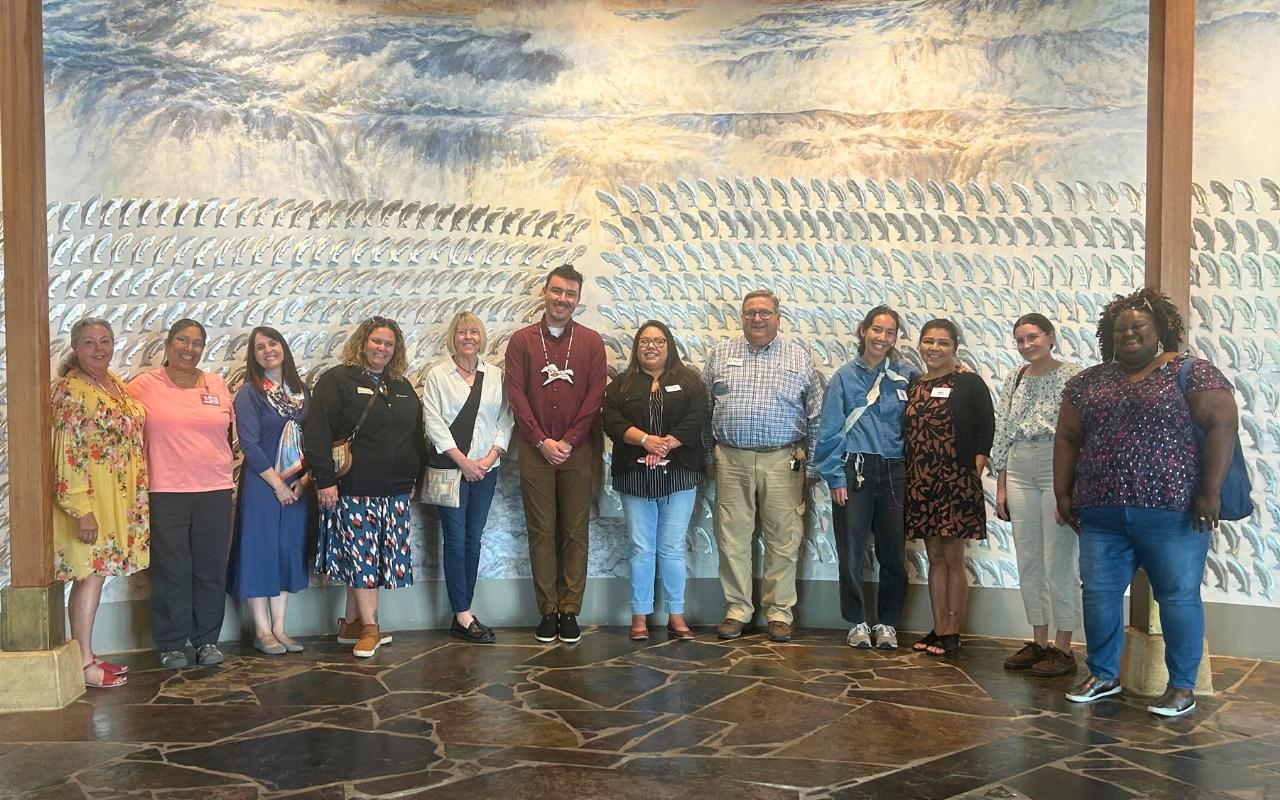
Tribal Funders Group after touring the Umatilla Tribe's cultural institution, Tamastslikt

